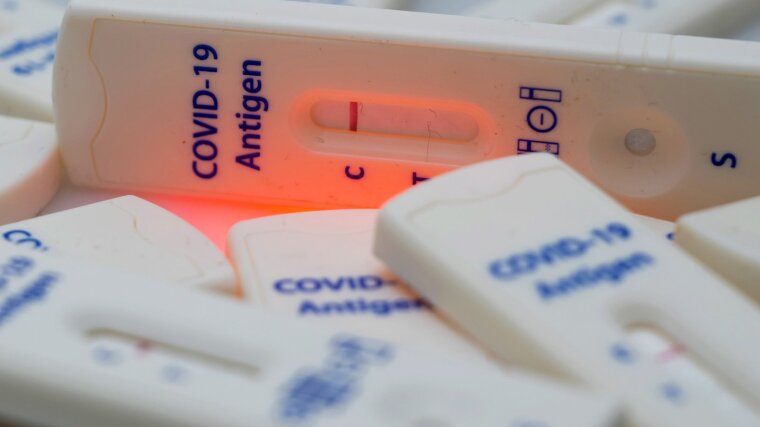
A team of psychologists within an international research network have been studying the acceptance of measures imposed around the world to combat the spread of the coronavirus. They have found that a high level of national identification has a positive influence on a person’s willingness to accept restrictive measures. It would seem that a strong sense of togetherness with our compatriots motivates us to do more for public health. More than 50,000 people in 67 countries were interviewed for the study.
By Sebastian Hollstein
As the COVID-19 pandemic swept across the globe, governments in almost every country introduced extensive measures that required and, in some cases, still require citizens to collectively change fundamental aspects of their behaviour. Especially in the first year of the pandemic, when vaccines were not yet available, it was particularly important that people followed instructions, such as limiting physical contact, refraining from travel, and wearing masks.
At the start of the pandemic, a network of over 250 scientists – including psychologists from the University of Jena – investigated the factors that promote the acceptance of such measures. Their study revealed that national identification plays a key role in motivating people to do more for public health. Those who have a stronger sense of shared identity are more supportive of public health policies. The researchers have published their results in the scientific journal »Nature Communications«.
»A national identity is the strongest predictor of support for public health measures during the pandemic«, says Flavio Azevedo. »Those who identify more closely with their nation are more willing to accept the heavy burdens associated with protective practices and support for public health policies«. It should be noted that a person’s national identity reflects the degree to which they identify with their own nation. This was recorded using a questionnaire, some of which required respondents to assess their own feelings on a given scale. National identity is not the same as nationalism.
Communication scientist Flavio Azevedo led the Jena part of the international study.
Image: Jens Meyer (University of Jena)These findings have emerged from a unique study. In order to investigate how people around the world were dealing with the exceptional situation of a pandemic and the protective measures in their respective countries, a group of psychologists led by the US American Jay van Bavel reached out to colleagues on Twitter during the first wave of the pandemic, asking them to collect data in their respective countries.
As a result, more than 250 scientists participated in the study. In April and May 2020, they interviewed around 50,000 people in 67 countries to find out how rigidly they were following the social distancing and hygiene guidelines and how strongly they supported the political measures.
The researchers then verified their results based on another study. They compared national identification data from the World Values Survey—a regular international survey of human values—from a period before the pandemic with mobility data collected by Google from the spring of 2020.
This confirmed the results of the first study: In countries with a higher average level of national identification, the citizens restricted their mobility more during the months of April and May 2020.
Overcoming dangerous situations with a sense of community
»We know that three psychological factors promoted the spread of Spanish flu 100 years ago: an incorrect risk assessment; resistance to social isolation; and the inability to adhere to preventive measures against an invisible threat«, says Flavio Azevedo.
»That’s why it’s particularly important for behavioural scientists like us to monitor such an exceptional situation in which people are collectively called upon to change their habits«, explains the psychologist. »It gives us fundamental insights into human behaviour and decision-making processes, helping to devise protective measures before and during a pandemic«.
For example, the current research results show how important it is to promote a sense of community and togetherness when faced with such a globally dangerous situation.
The network will continue to evaluate the data collected and present further research results.
Original publication:
National identity predicts public health support during a global pandemic, Nature Communications, 2022, https://doi.org/10.1038/s41467-021-27668-9External link
